In a particularly hilarious episode of Seinfeld, season seven’s "The Bottle Deposit," Kramer and mailman sidekick Newman hatch an ambitious scheme: accumulate an exorbitant amount of bottles and cans, transport them from New York to Michigan in a mail truck, and redeem the items for 10 cents each—double the going rate in their home state. Driving on a back road late at night, they even transform the road song "99 Bottles of Beer on the Wall" into a rallying cry: "We fill up with gas; we count up our cash!" Their plan, naturally, goes awry (it's a long story involving a deranged mechanic and JFK's golf clubs), but the core idea remains tantalizing: What if you could turn literal garbage into a windfall?
One Australian man, 36-year-old Damian Gordon, did precisely that. By patiently utilizing the regional "Return and Earn" program in New South Wales over seven years, he was able to turn nearly a half-million cans and bottles into roughly $45,000, partly funding a down payment on a two-bedroom house. The recycling program, which similarly offers 10 cents per eligible drink container, has a noble mission: reducing the volume of landfill and putting money "back into the pockets of the community."
- YouTube www.youtube.com
Gordon’s extensive mission dates to his work with regional music festival Mountain Sounds, which he helped organize. As he wrote in an essay for That’s Life, he managed a team of volunteers to collect cans and plastic bottles, collecting around 40,000 total. After earning 10 cents for each, they walked away with $4,000—which sparked an idea. "I’m going to recycle my way to a house deposit," he recalled telling his mother, and eventually his plan spread around town, with people pitching in to let him tackle the recycling at their events, including birthdays and weddings. He even had locals donating recyclables directly.
When "Return and Earn" launched in December 2017, his process became streamlined. He started making monthly trips—eventually even opening a separate savings account for his earnings. He totaled $20,000 within three years and, after four more, an impressive $45,000. "After getting the keys, I furnished my place with treasures I’d found off the street, including a fridge, microwave, juicer and a bed frame," he wrote. "With mortgage repayments coming hard and fast, I don’t plan to stop collecting any time soon. Now I’m paying off my dream home, one bottle at a time." Gordon’s commitment—and ingenuity—is obviously incredible. Not many can claim they funded their house partly through garbage, and then there’s the added bonus of helping save the environment.
- YouTube www.youtube.com
The program features over 600 return locations—machines, centers, depots, and staffed over-the-counter options—across the state, where people can deposit empty cans, glass bottles, and plastic. Refunds, according to the program’s official site, are dispensed in multiple forms: a voucher, an electronic refund via bank or PayPal, or to a donation partner.
The latter point is particularly noteworthy. Danielle Smalley, CEO at Exchange for Change, which coordinates the program, talked to Drinks Trade about the "social benefit" involved. "So since the scheme started, we know that there's been $54 million generated for charities and community groups either through the fees they get from hosting a return point or by people donating their containers to them," Smalley said. "And they're the ones we know about; they're the ones who register with the scheme."
- YouTube www.youtube.com





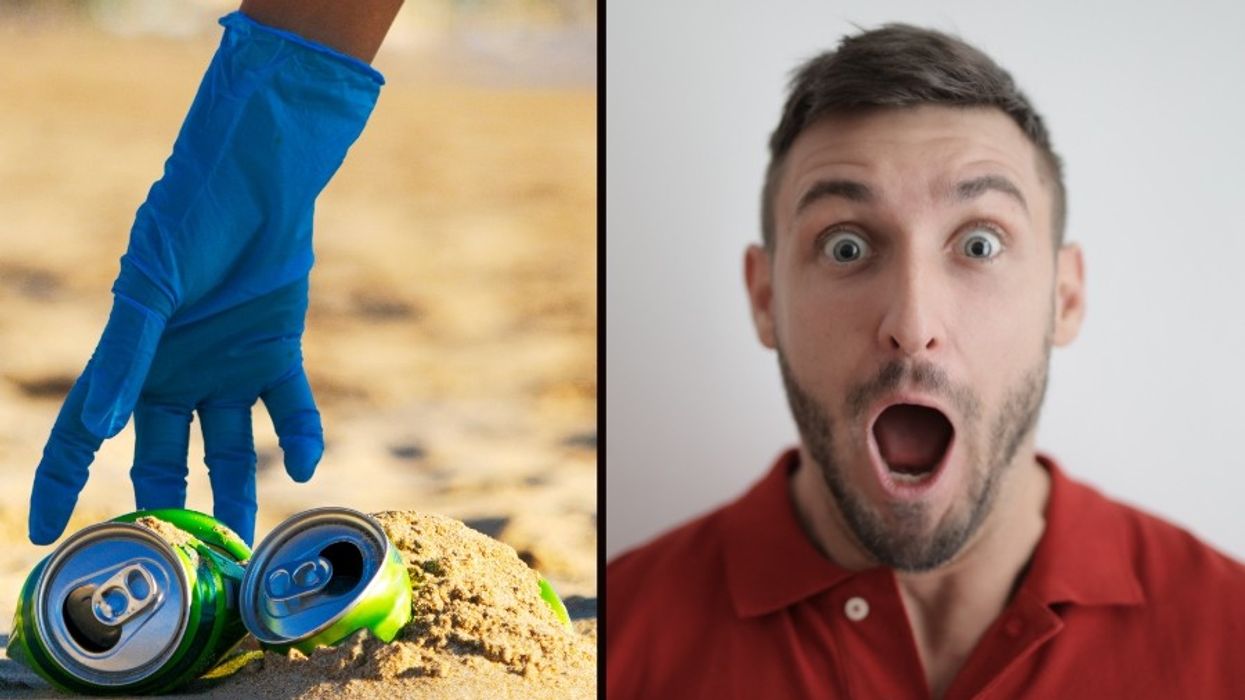



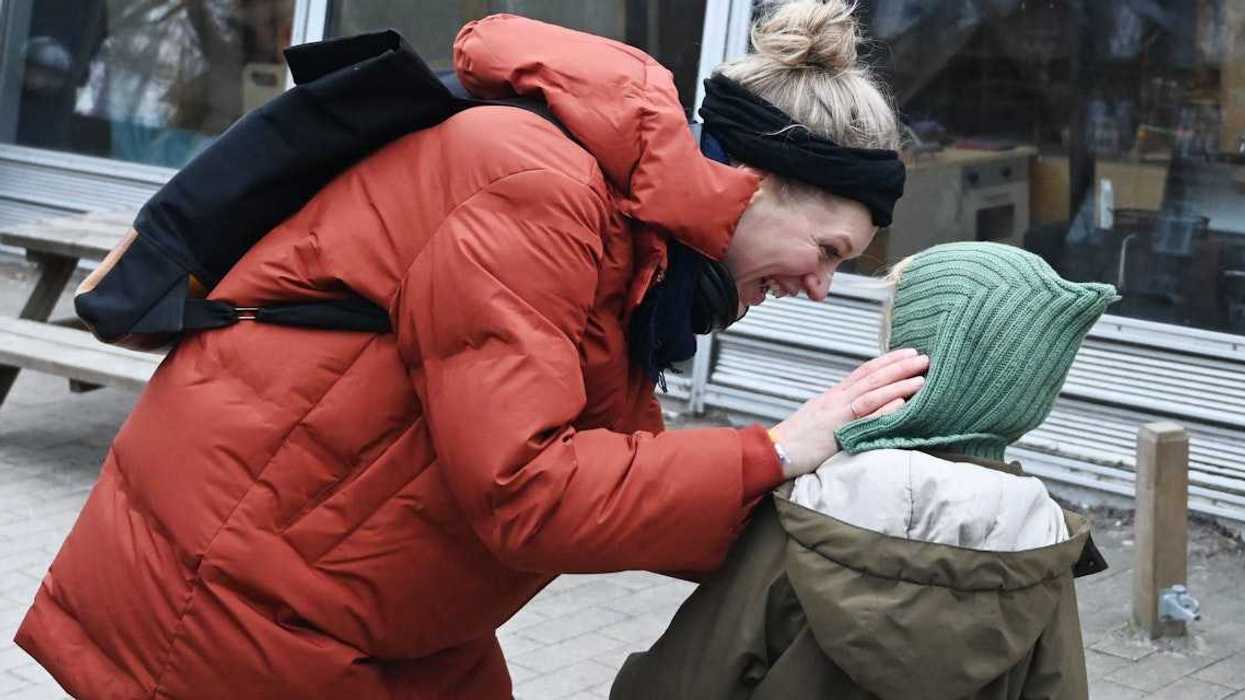

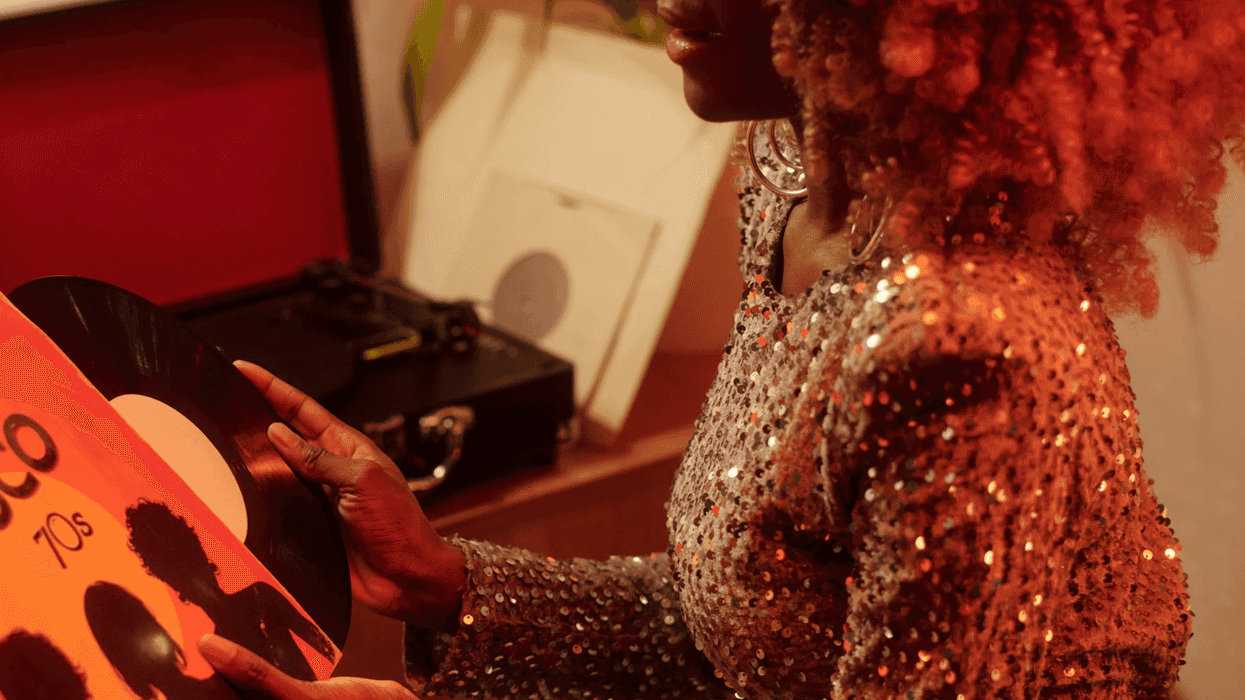






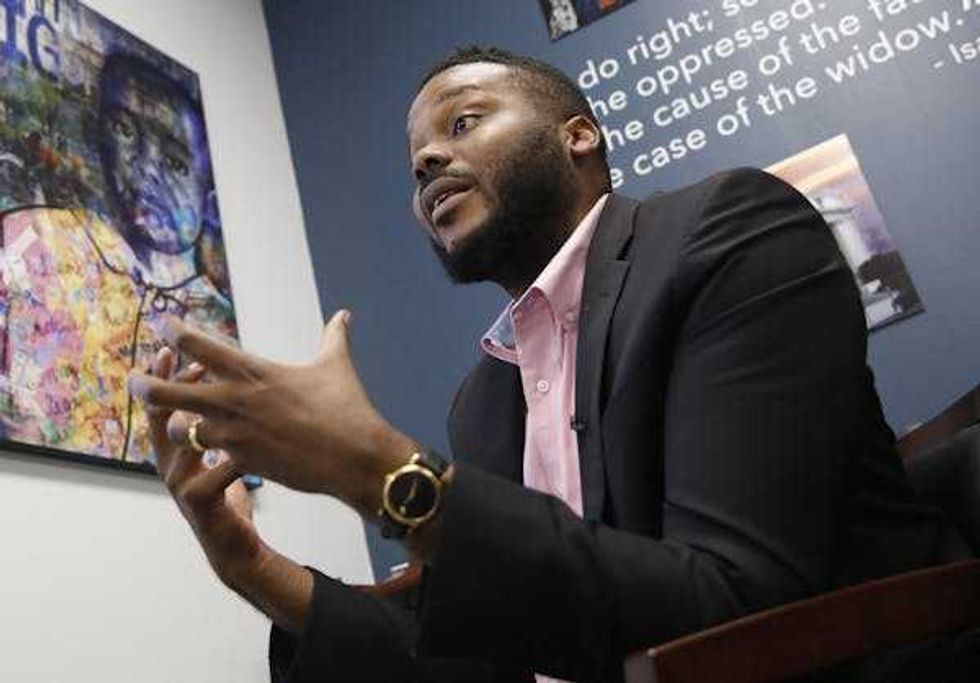 As mayor of Stockton, Calif., Michael Tubbs ran a pioneering program that provided a basic income to a limited number of residents.
As mayor of Stockton, Calif., Michael Tubbs ran a pioneering program that provided a basic income to a limited number of residents.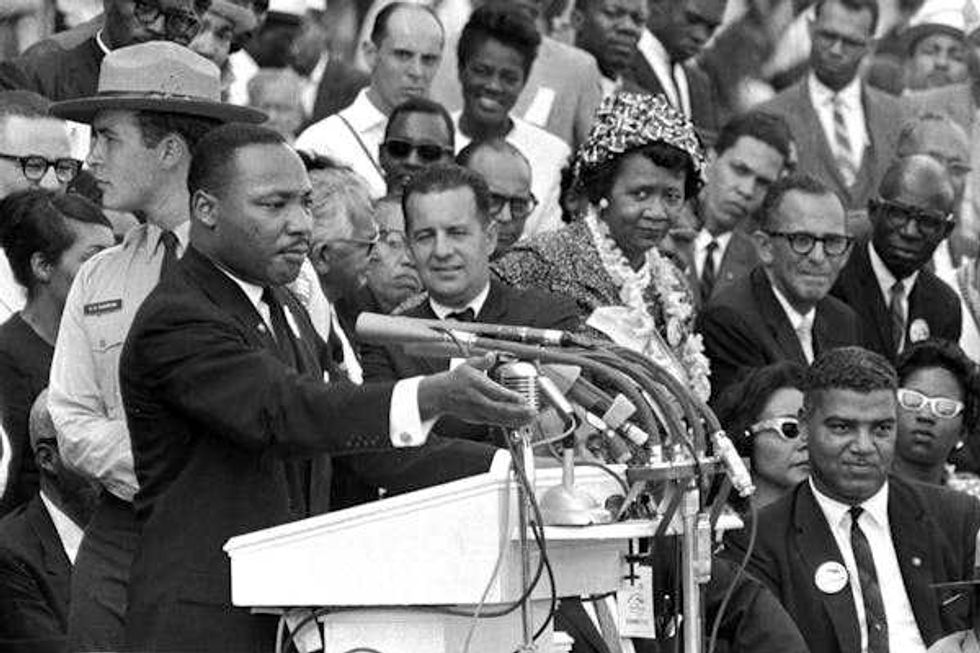 Martin Luther King Jr. believed Americans of different racial backgrounds could coalesce around shared economic interests.
Martin Luther King Jr. believed Americans of different racial backgrounds could coalesce around shared economic interests.





